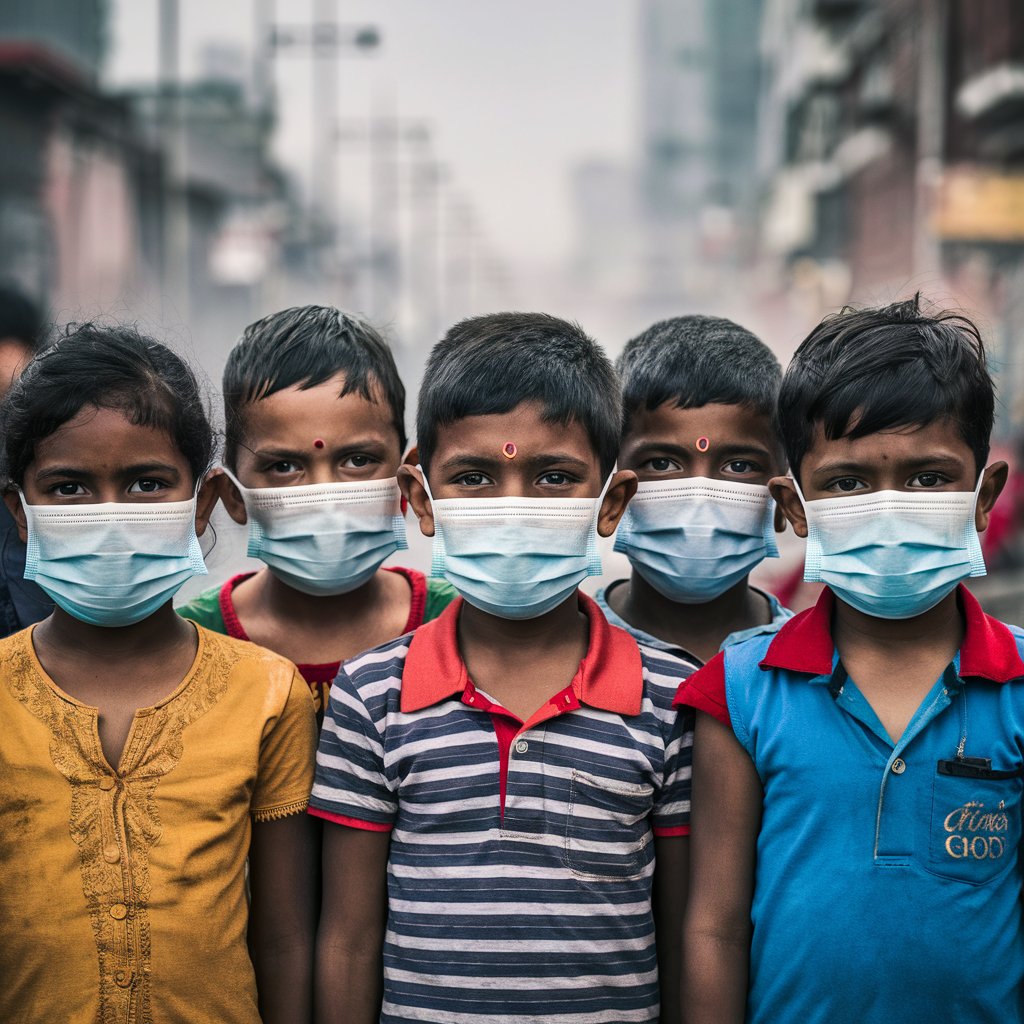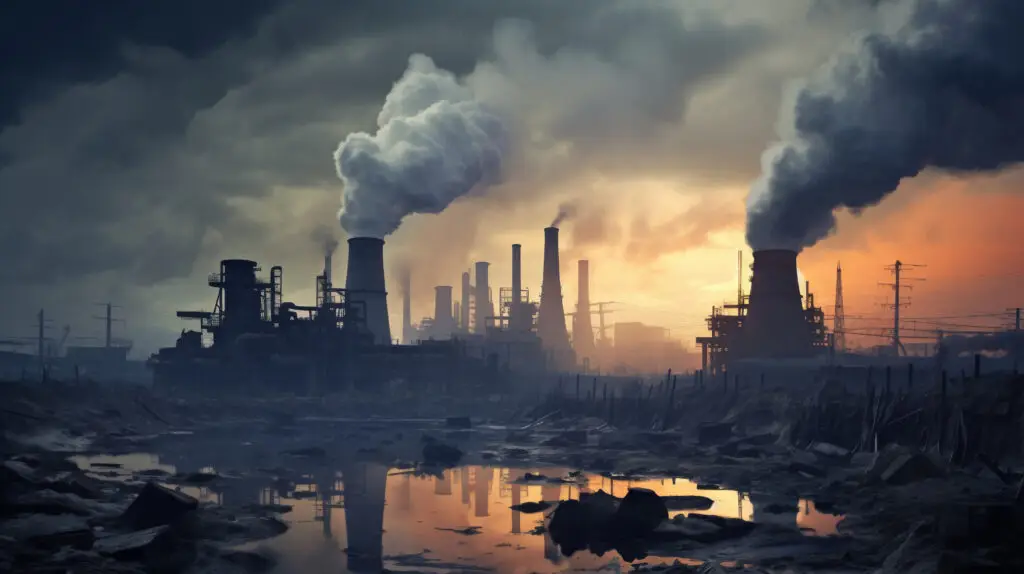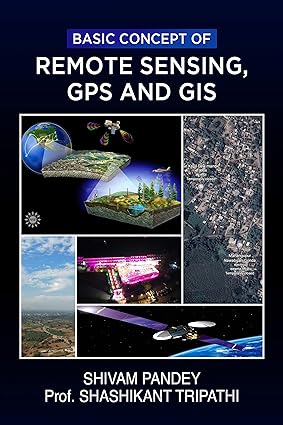What is Air Pollution?
Air pollution refers to the addition of some harmful substances in the air that can have detrimental effects on human health, animals, ecosystems and the environment. These substances are known as pollutants.
Due to increasing urbanization the rate of industrialization is also rising each day. The smoke emitted from industries, such as CO, CO2, SO2, H2S etc. and the increase of transportation system the amount of combustion of petroleum also increases and the emission of high amount of smoke, such as CO, CO2, SO2 etc. causes severe air pollution.
Also modern agricultural activities contribute to air pollution in several ways. The use of pesticides for agricultural activities starting from fungicide to herbicides which are composed of highly toxic chemicals like phosphate, chlorinated hydrocarbon and arsenic and lead. These are mixed with the air and cause damage to the environment.
Impact of Air Pollution on Earth:
Air pollution has significant impacts on Earth affecting both the environment and human health. Here we discuss some major impacts of air pollution on earth.
1. Impacts on Animals:
Air pollutants affect the health of the animals in various way-
(a) Air pollution is a major threat to human health, contributing to respiratory illnesses like asthma, bronchitis and even lung cancer.
(b) Air pollutants such as Benzene and Formaldehyde are carcinogenic and can increase the risk of cancer with prolonged exposure.
(c) One of the major air pollutant i.e NO2 causes various respiratory diseases besides producing acid rain in the environment. Absorption of this chemical causes eye irritation, oedema etc.
(d) Carbon Dioxide (CO2) enters in the blood stream of animals through lungs and produces carboxyhemoglobin. As a consequence the oxygen carrying capacity of blood is reduced.

2. Impacts on Plants:
Air pollution can have several detrimental impacts on plants, affecting their growth, health and overall ecosystem interactions. Here are some of the key impacts-
(a) Ozone is a common air pollutant that damages plant tissues. It enters through stomata and causes visible symptoms such as stippling or flecking on leaf surfaces, premature leaf aging and reduced photosynthesis.
(b) Air pollutants like Sulfur Dioxide (SO2), Nitrogen Oxide(NO) and Ozone can reduce chlorophyll production and interfere with the photosynthetic process.
(c) Some air pollutants alter soil PH levels and nutrient availability, which can disrupt nutrient uptake by plant roots.
(d) Because of the absorption of hydrocarbon, the leaves of trees become yellowish and along with the fruits fall off in an immature stage.
3. Impacts On Atmosphere:
Air pollution isn’t just a health hazard, it’s a atmospheric disruptor as well. Here’s how air pollutants mess with our atmosphere-
(a0 Some of the air pollutants like Carbon Dioxide (CO2), Methane and Nitrous Oxide contribute to the greenhouse effect by trapping radiation, leading to global warming and climate change. This contribute to melting of glaciers and snowpack impacting freshwater availability.
(b) Air pollution can throw a wrench into weather pattern. Tiny particles like aerosol can influence cloud formation and precipitation, leading to more extreme weather events like droughts, floods and heatwaves.
(c) Smog, a hazy mix of pollutants, significantly reduces visibility. This can lead to accidents, disrupt transportation and make it difficult to enjoy the outdoors.
(d) Pollutants like Sulfur Dioxide (SO2) and Nitrogen Oxides combine with atmospheric moisture to form acid rain, snow, fog or dry deposition.
Conclusion:
Air pollutants collectively impact Earth’s atmosphere, climate, ecosystems and human health in complex and interconnected ways. Efforts to reduce emissions and mitigate their effects are essential for safeguarding the Planet’s health and ensuring sustainable development.









